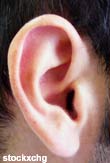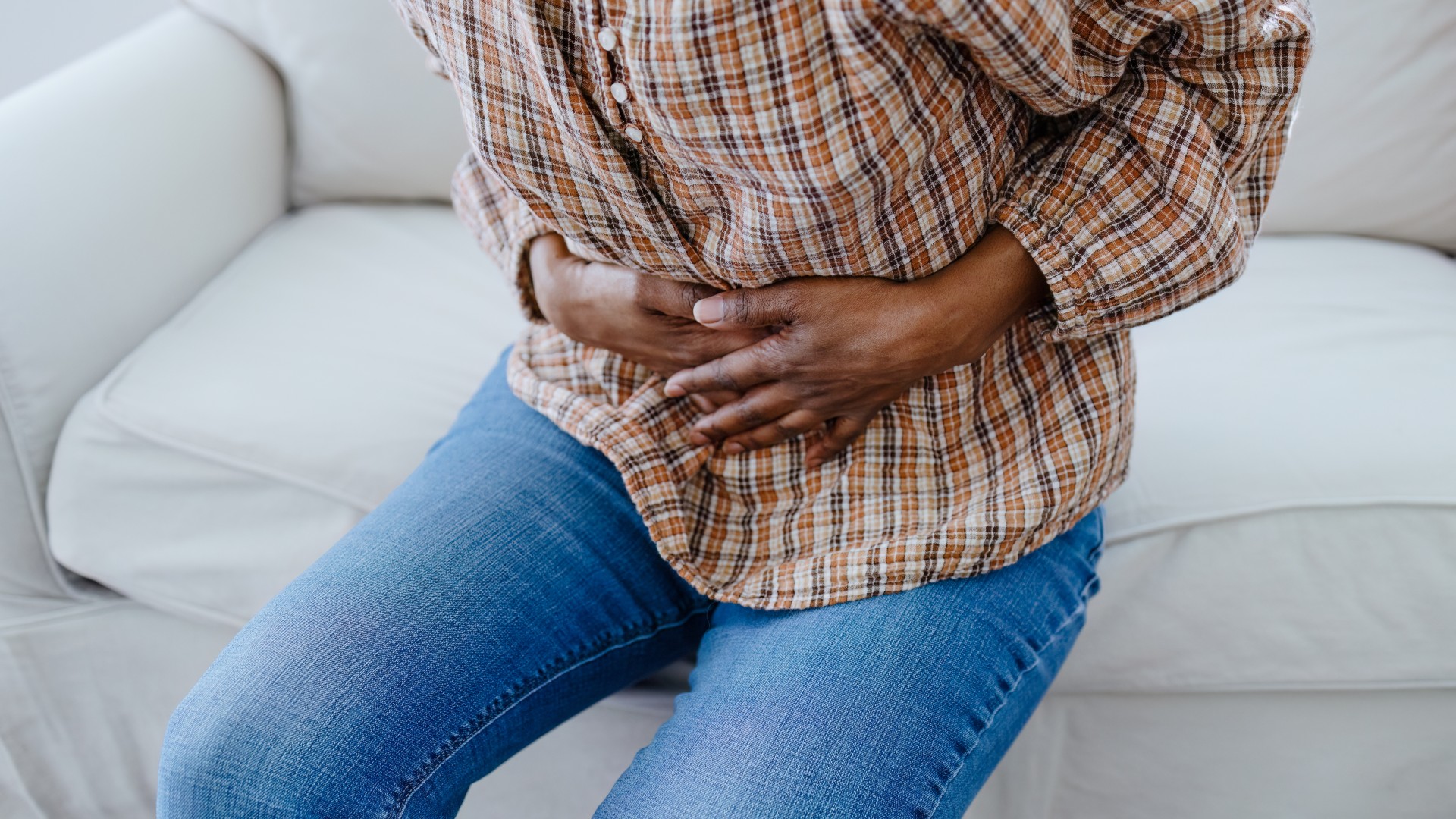Study Reveals Who Hears Best

Get the world’s most fascinating discoveries delivered straight to your inbox.
You are now subscribed
Your newsletter sign-up was successful
Want to add more newsletters?
Join the club
Get full access to premium articles, exclusive features and a growing list of member rewards.
The nation's hearing hasn't changed all that much from 35 years ago, despite significant changes in society and technology.
A new study also revealed that non-Hispanic blacks have better hearing on average compared to non-Hispanic whites and Hispanic adults in the United States, and that women tend to have better hearing than men.
The findings, announced this week, were first presented last week at a meeting of the Acoustical Society of America.The findings, announced this week, were presented last week at the Acoustical Society of America's spring meeting.
Go ahead: Speak softly
Researchers at the National Institute for Occupational Safety and Health (NIOSH) in Cincinnati studied the hearing of more than 5,000 U.S. adults aged 20 to 69. The participants identified themselves as members of one of three major U.S. ethnic groups.
Non-Hispanic blacks have on average the lowest "hearing thresholds," which is the softest sound an individual can hear over a range of frequencies. Non-Hispanic whites had the highest, and Mexican Americans were in-between. In all the groups, women had more sensitive hearing than men.
The researchers compared the new findings to a similar study conducted 35 years ago and found the median hearing levels in U.S. adults to be roughly the same. This might seem surprising, considering the greater number of noise sources today. Sometimes, even hospitals sometimes are as noisy as a jackhammer , according to recent research.
Get the world’s most fascinating discoveries delivered straight to your inbox.
What's going on?
The researchers speculate that one potential factor for the similarity over time is the widespread use of hearing protection today that was not available in the early 1970s, the researchers say. Another possibility is that fewer U.S. residents are working in noisy factory jobs.
However, the researchers note that the ubiquitous effects of portable music players like the iPod are not fully accounted for in the new study, since data from only the years 1999 to 2004 were analyzed.
Numerous factors can contribute to hearing loss, but it is estimated that at least one-third of all cases are due to overexposure to noise.
 Live Science Plus
Live Science Plus











